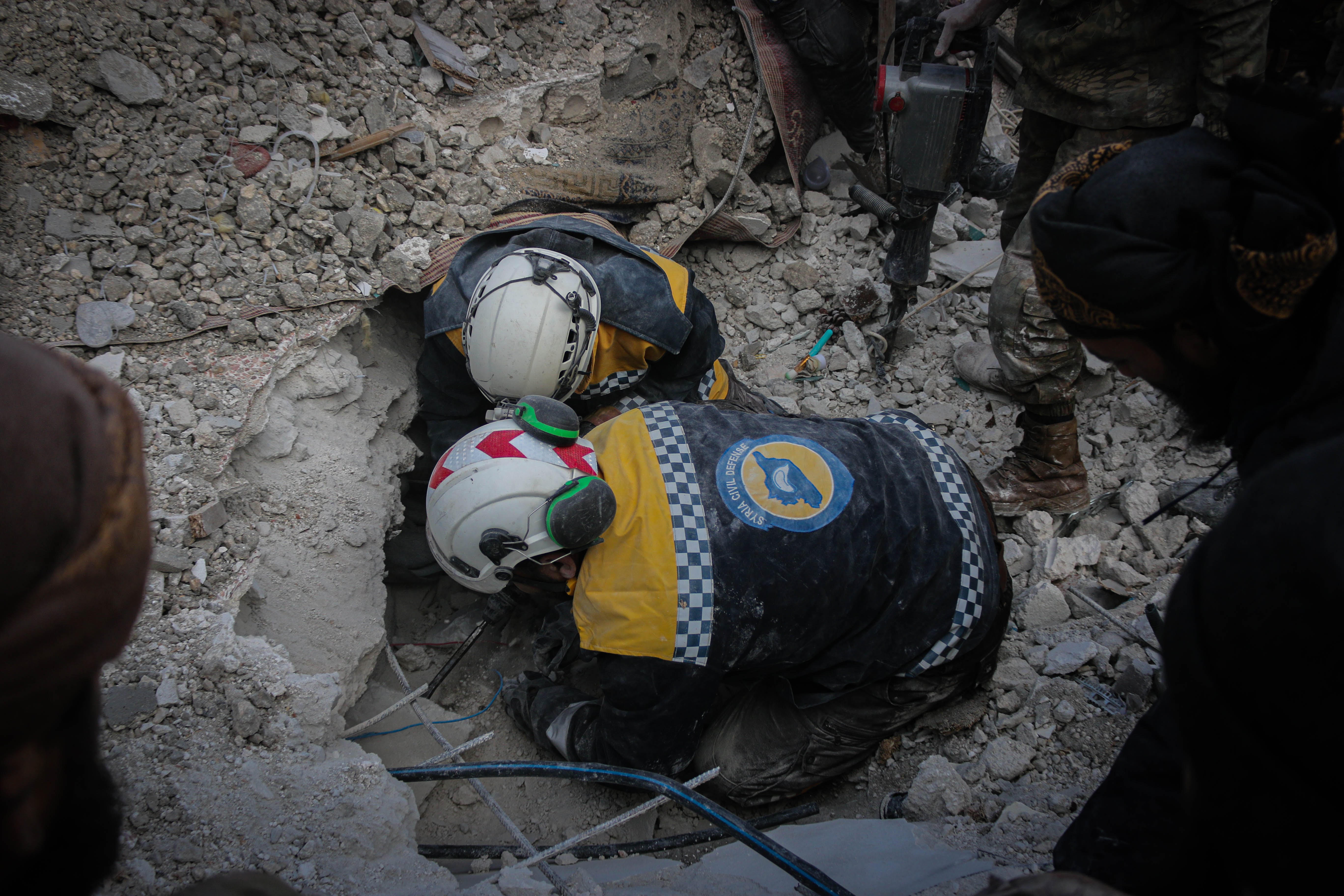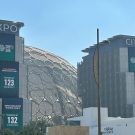Equitable sector blog series, part 1: How do we understand success?
This is the first in a series of 3 blogs that introduce the ‘People, Power and Local Leadership’ stream of the 2021-2024 Humanitarian Horizons research program. These blogs capture our collective work to create a platform for our work until 2024, which you can find in Achieving a more equitable humanitarian sector: platform paper. Each blog includes some information about the structure of the research and then introduces one of the focus areas that we will be looking at through this stream over the next 2½ years. Today, we would like to introduce you to Humanitarian Horizons and our upcoming work on localisation. But first of all, what are we trying to achieve?
The ‘People, Power and Local Leadership’ stream aims to support the push for a more equitable humanitarian system. If ‘equality’ is about everyone receiving the same resources or opportunities, the concept of ‘equity’ recognises that not everyone is starting from the same place or facing the same challenges. An equitable humanitarian system, then, is one where different actors are supported to access resources and opportunities that reflect their different levels of need. An equitable humanitarian system finds ways of working that are fair rather than ‘one size fits all’ approaches, which risk reinforcing existing inequalities.
“Our vision is for a sector that recognises the value of different perspectives, respects the contributions of different people, and acts with an understanding of how choices reflect and affect the communities it aims to serve.” – PPLL platform paper
By providing thinking and practical tools, the PPLL stream aims to help the sector get closer to that vision.
About Humanitarian Horizons
Humanitarian Horizons is a multi-year, multi-project research program that aims to progress thinking on the role of the humanitarian sector and produce evidence to support better outcomes for crisis-affected people, focusing on the Asia and the Pacific regions. The 2021-2024 program is its second iteration.
The program design is a collaboration between six core partners across the Asia and Pacific regions: Humanitarian Advisory Group (Australia), GLOW Consulting (Pakistan), inSights (Bangladesh), the Pujiono Centre (Indonesia), CoLAB (Fiji), and the Pacific Island Association of NGOs (PIANGO, a regional organisation linked with national organisations). HAG, an enabling and facilitating organisation, manages the program, which is funded by the Australian Department of Foreign Affairs and Trade (DFAT).
The research is structured into three interlocking streams: 1) Power, People and Local Leadership 2) Greening the System and 3) Real Time Analysis and Influence. It is underpinned by a fourth stream which is comprised of governance, accountability and monitoring, evaluation and learning processes.
Shifting the focus onto impact
Power dynamics in knowledge production have shaped how the sector approaches localisation (there’ll be more on knowledge production in our third blog – stay tuned!). To date, many of the debates, policies, norms and measurement approaches have reflected the dominant position of global North knowledge brokers and left out the views of affected people.
This has led to the sector focusing on whether its own practices have changed, instead of understanding what the impacts of its changing practices on the outcomes of aid. While this may have been understandable as the localisation agenda was starting off, it is now time for a much more robust focus on impacts. We believe that building the evidence base for what works is essential to getting away from risk narratives and creating the momentum for real change.
We also believe that there needs to be much more recognition of how diverse forms of knowledge, local values, and indigenous methodologies can help to develop stronger and more appropriate ways of assessing the impact of humanitarian aid. Too often, the monitoring and evaluation approaches used today inflate the performance of international actors by not allowing meaningful input from affected communities and local and national partners.
Creating the evidence base for locally led response
This research will support practitioners, policy-makers, civil society organisations, and donors in developing and advocating for localised humanitarian action based on impacts not intentions. We have identified three areas that we believe will contribute to understanding and promoting effective local leadership.
- Understanding impact, for example:
- What are ways to define and measure the impact of localisation that respect and centralise affected communities as well as local actors’ voices and perspectives?
- How can we bridge the gap between Global North understanding and approaches for tracking impact and more locally informed methods?
- How can we share and promote the positive impacts of local leadership in a way that provides traction for devolution of power?
- Creating evidence of positive impact, for example:
- How should we think about success/impact in localised responses?
- What evidence exists with respect to the impact of localisation?
- How can the evidence base be used as an enabler or motivator for action?
- What approaches work and why, for example:
- What are the current practices and models for elevating locally led response?
- Which approaches work and don’t work, and why?
- How do these approaches and models influence the impact of locally led response?
In generating a variety of evidence about the impacts of different approaches, we aim to explore the links between inclusive approaches to knowledge production, equitable ways of working, and strong understandings of outcomes. We hope to do this not just through our findings but in how we carry out the work. As a team we will continue to share our learning and reflections along the way.
Where to from here?
The platform paper that this blog is drawn from is the launching pad for our research over the 3 years of the Humanitarian Horizons program. Check out the paper if you’d like more detail on our plans or to learn about the work of others that has inspired us. And if these are issues you’re interested in exploring, we’d love to hear from you.
Stay tuned for the next instalment in this series, which will explain how we plan to use behavioural science and introduce another of our focus areas: the need to change the way the sector handles inequalities in its own ways of working.
Get in touch:
Pip Henty phenty@hag.org.au
Eranda Wejewickrama eranda@hag.org.au






